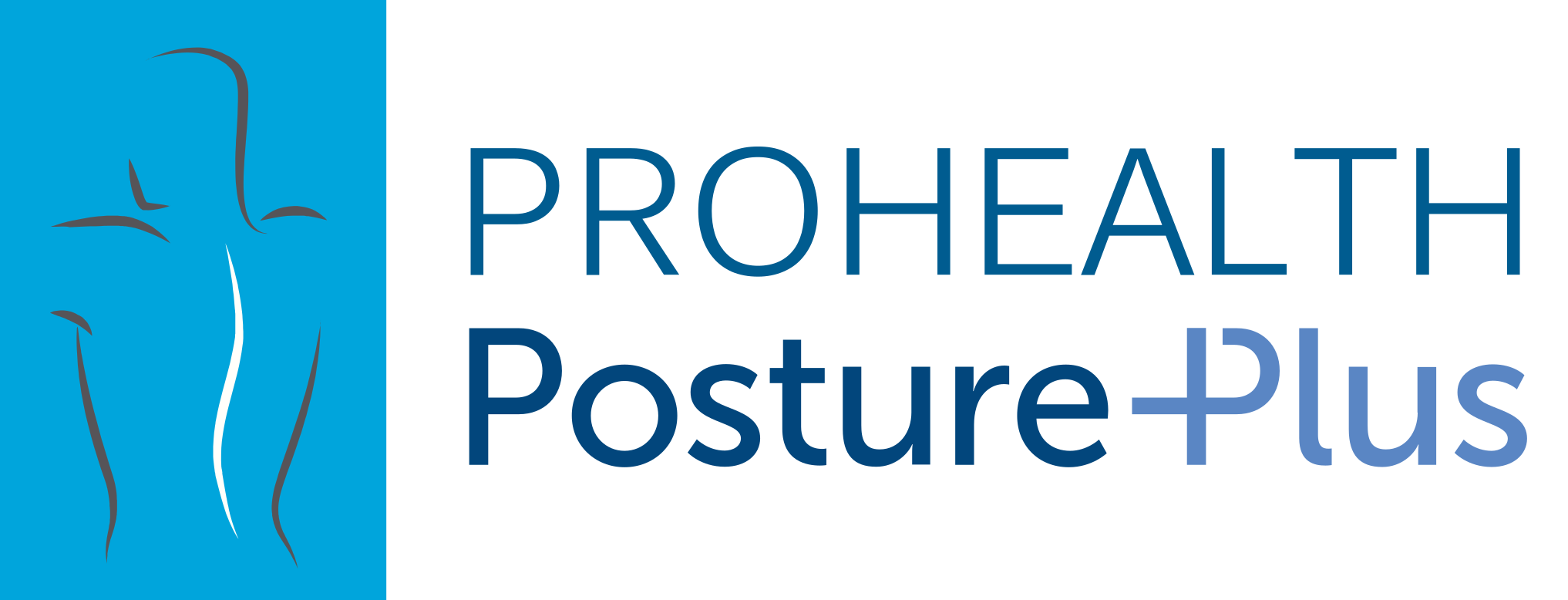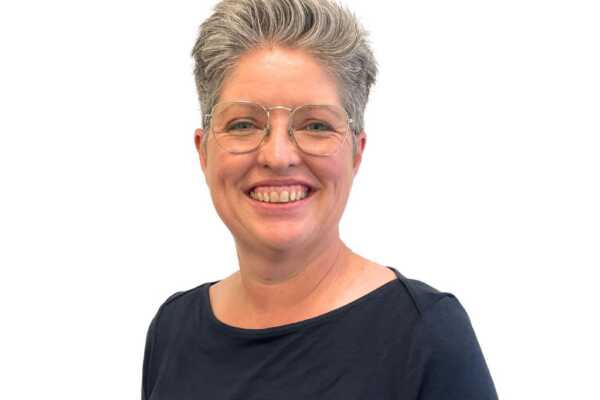Experience & Background
Rosena is originally from the UK and qualified as a Chartered Physiotherapist in 1994. She began working in sports coaching prior to becoming a physio, with qualifications to teach Weightlifting, Badminton, Volleyball and Tennis. Once qualified, she gained experience in the UK with the NHS, British Army and HMP Prison Service, before moving into private practice.
In 1997, Rosena started her own private practice in London and gained her Masters in Sports Injury and Therapy in 2000. This began a period of almost 10 years working in elite sports with official physiotherapy appointments including UK Athletics for Paralympic games in Sydney 2000, LIRFC U19 (London Irish Rugby Football Club) and the England Volleyball Team.
In addition to elite sports, Rosena started her training under Sarah Key in 2007 to really understand the ‘problem back’ and became an accredited practitioner in 2010. This training has revolutionised her approach to the chronic ‘problem’ back with conservative / non-surgical management strategies.
Rosena moved to Singapore at the end of 2013 and initially worked at Changi General Hospital in their sports medicine department as Senior Principal Physiotherapist & Clinical Lead. This role was clinical & also involved reviewing and expanding the shockwave and weight management services it provided and overseeing the training and education of Physiotherapists and Exercise Physiologists. She then moved into private practice working at PhysioActive in the CBD (central business district) helping those desk bound workers overcome persistent neck and back pains, but also the weekend warriors participating in recreational sports and getting them back to activity.
Rosena arrived in Hong Kong in 2021 and started clinics with in the Sai Kung branch of Australian Acupuncture and Sports Physio Clinic. Rosena has always loved sport and working with motivated patients young and old. She believes that the key to unlocking pain is to identify the underlying problem rather than treating the symptoms, which generally gives only short term relief. Rosena likes to get to the root of a problem wherever possible!

